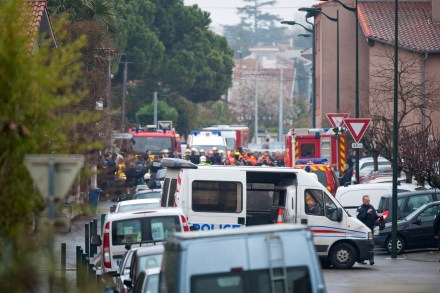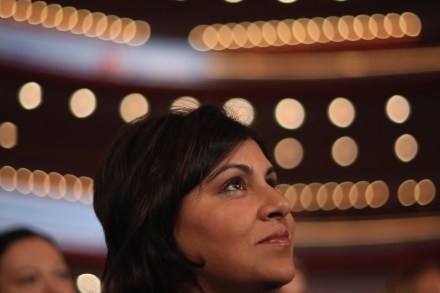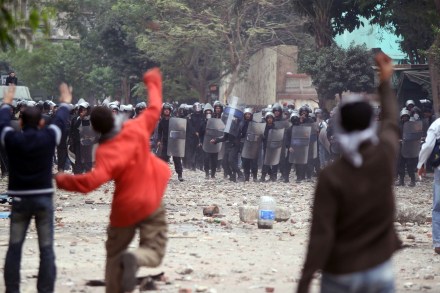A man surrounded — and some assumptions exposed
There was an element of bafflement in the early BBC coverage this morning of the welcome news that police have identified and surrounded the suspected killer of seven people, including Jewish children, in Toulouse. To some people’s surprise, the BBC correspondent remarked in the early reports, the suspect turned out to be a Muslim, Mohammed Merah. So the entire tone of the Corporation’s coverage of the killings turns out to have been misplaced. Ever since the dreadful news that a gunman had attacked a Jewish school in Toulouse after killing three French soldiers, the overriding assumption on the part of the Corporation was that, unless the killer was merely unhinged,


















